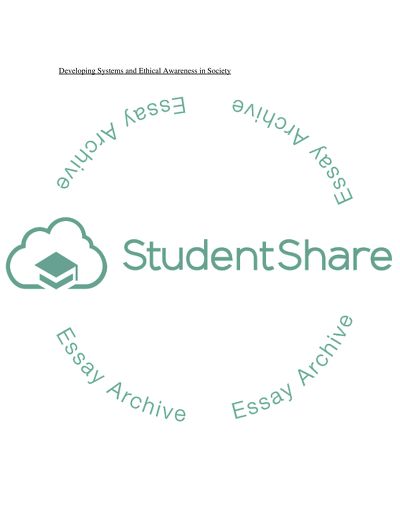Cite this document
(“Social Issues in Computing Essay Example | Topics and Well Written Essays - 2250 words”, n.d.)
Social Issues in Computing Essay Example | Topics and Well Written Essays - 2250 words. Retrieved from https://studentshare.org/technology/1504811-social-issues-in-computing
Social Issues in Computing Essay Example | Topics and Well Written Essays - 2250 words. Retrieved from https://studentshare.org/technology/1504811-social-issues-in-computing
(Social Issues in Computing Essay Example | Topics and Well Written Essays - 2250 Words)
Social Issues in Computing Essay Example | Topics and Well Written Essays - 2250 Words. https://studentshare.org/technology/1504811-social-issues-in-computing.
Social Issues in Computing Essay Example | Topics and Well Written Essays - 2250 Words. https://studentshare.org/technology/1504811-social-issues-in-computing.
“Social Issues in Computing Essay Example | Topics and Well Written Essays - 2250 Words”, n.d. https://studentshare.org/technology/1504811-social-issues-in-computing.


